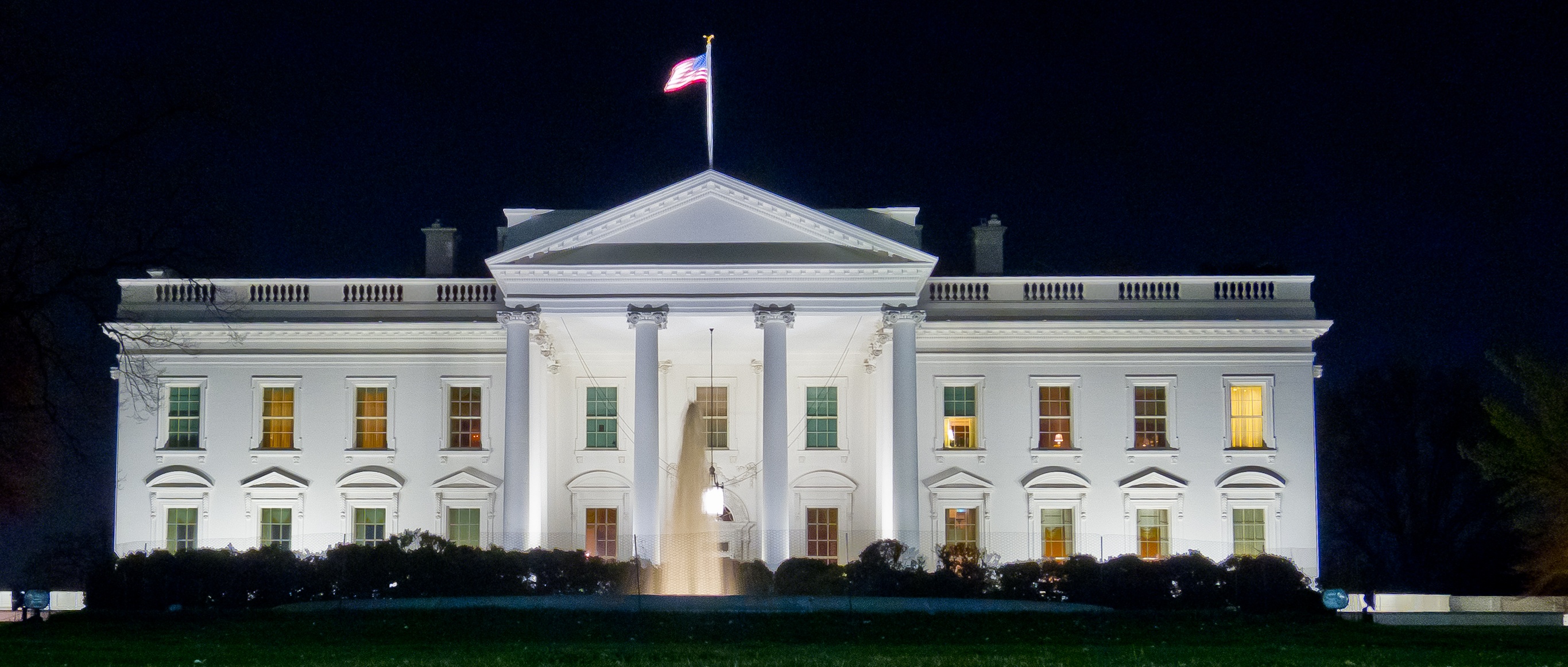Rhetorical Contagion (Britain is not America)
British politicians, I suspect, feel a degree of envy towards their American counterparts. An MP who proceeds along the time-honoured route through Eton and Oxford to the Palace of Westminster will spend most of their lives surrounded by the same sort of people in the same sort of architecture, and eating the same sort of curious canteen food.
American politics is different. It is glamorous; senators and congressman wheel and deal across our TV screens. It is expensive; money pours into campaigns seemingly (and legally) without limit. It is high stakes and high powered. And best of all, the Americans very rarely have to field questions about the punctuality of the fortnightly bin collections in Upton Snodsbury, or take to the stage with a candidate wearing a bucket on his head.
It’s probably unsurprising then that some British politicians seem to make strenuous efforts to make their lives more American, at least as far as the trappings of power go. They hold televised debates and fix the dates of elections long in advance, bringing in the long campaign trail common to American politics. They hire American campaign gurus like David Axelrod and Jim Messina. Backbench MPs appoint chiefs of staff. And, of course, ministers like Boris Johnson make pointed comments about wanting their own government plane.
Longing for the glamour and accoutrements of American politics is fine so far as it goes. It might be crass and even slightly embarrassing to see our politicians cosplaying their cross-channel counterparts, but it isn’t actively harmful. The obsession with American political argument is.
For all our shared heritage and all the similarities, Britain and America are still very different countries. Our Prime Minister is not a President. There is a totally different set of powers accruing to the position. Our highest court – however American in name – is appointed and functions in a way utterly unlike it’s US counterpart. Our devolution of powers is unlike theirs. We do not have a written constitution, but instead a web of documents and norms and pieces of legislation that come together into a system that functions so long as you don’t look at it too closely.
We do not share the same fraught history around issues of race. We do not share their demographic make-up. We have a very different set of values on environmental issues. On social issues. On economic issues. We already have single-payer healthcare, government caps on tuition fees, subsidised loans for poor students, generous maternity and holiday allowances.
Many of the battles the Americans are fighting, in short, are on political terrain utterly alien to us. They take as read the various powers of the different American branches of government, the political and social history of the nation, the mood of the population towards the issue. They are, in other words, just the tip of an enormous iceberg, resting upon a vast mass of assumed knowledge and context and fact. And if you immerse yourselves in these arguments and then deploy them in Britain, you do so on foundations of thin air. The assumptions that underpin them are gone.
Political ideals may be universal, but contexts are definitely not. We would probably agree with Americans that it is a good idea to drive on the right side of the road. It’s just that by right, we mean left. The action which best achieves an ideal is dependent on where you stand – and so will the arguments you make.
This rhetorical contagion is where Britain’s cultural obsession with America becomes unhealthy. When British politicos spend their time thinking and reading and arguing about American policy, then it is all but inevitable that this begins to shape their thinking on British issues. American rhetoric is adopted and employed in an environment with which it is fundamentally at odds. And are all the poorer for it.
Header image courtesy of ehpien, used under a creative commons license.
